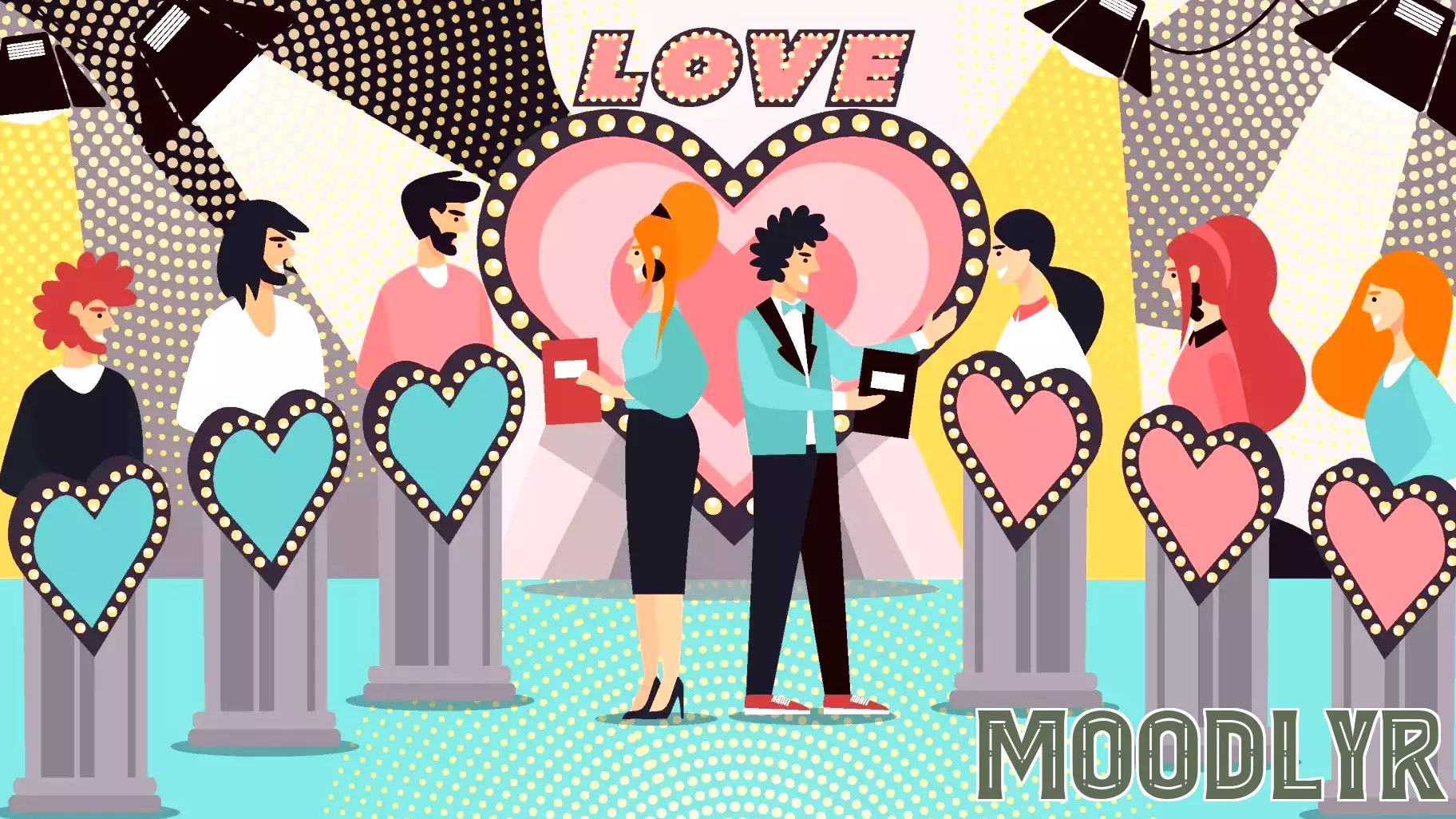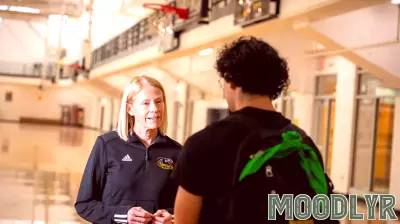The Unraveling of Reality TV Romance: Insights from Psychology
March 19, 2025 - 22:26

Reality dating shows like Love Island, Love is Blind, Are You the One?, and Married at First Sight often present a glamorous image of love and relationships. However, the reality behind these televised romances is frequently much less rosy. Research suggests that the love formed in these high-pressure environments is likely to be short-lived, and several psychological factors contribute to this phenomenon.
Firstly, the artificial setting of reality shows creates an environment where contestants are often more focused on the competition than on genuine emotional connections. The accelerated timeline of these relationships, coupled with the constant scrutiny of cameras and audiences, can lead to superficial bonds rather than deep, lasting love.
Moreover, the lack of real-world challenges that couples typically face in everyday life can prevent them from developing the necessary skills to navigate conflicts and build a resilient partnership. Ultimately, the allure of reality dating shows may captivate viewers, but the fleeting nature of the relationships showcased reveals deeper truths about love and connection in such contrived circumstances.
MORE NEWS

February 21, 2026 - 02:30
Home Really Is Where the Heart IsThe age-old saying `home is where the heart is` is more than just a sentimental phrase; it is a neurological reality. New research suggests that the profound feeling of home is an idea we...

February 20, 2026 - 05:37
Racist Attitudes Linked To Future Psychological Distress – But Could Both Be Fueled By Something Else?A new research study is challenging the straightforward assumption that holding racist views directly causes future mental health problems. While confirming a link between prejudiced attitudes and...

February 19, 2026 - 04:05
UWM Professor Uses Sport Psychology Research to Solve Real-World ProblemsProfessor Barbara Meyer possesses a uniquely analytical lens that she applies to nearly every situation. Whether she`s guiding Olympic athletes, consulting with a university soccer team, or simply...

February 18, 2026 - 03:25
Why couldn't Ilia Malinin handle the pressure? Sports psychologists offer their thoughtsThe recent performances of top athletes have reignited a crucial conversation within the world of elite sports: the immense psychological burden of competition. While the spotlight often falls on a...